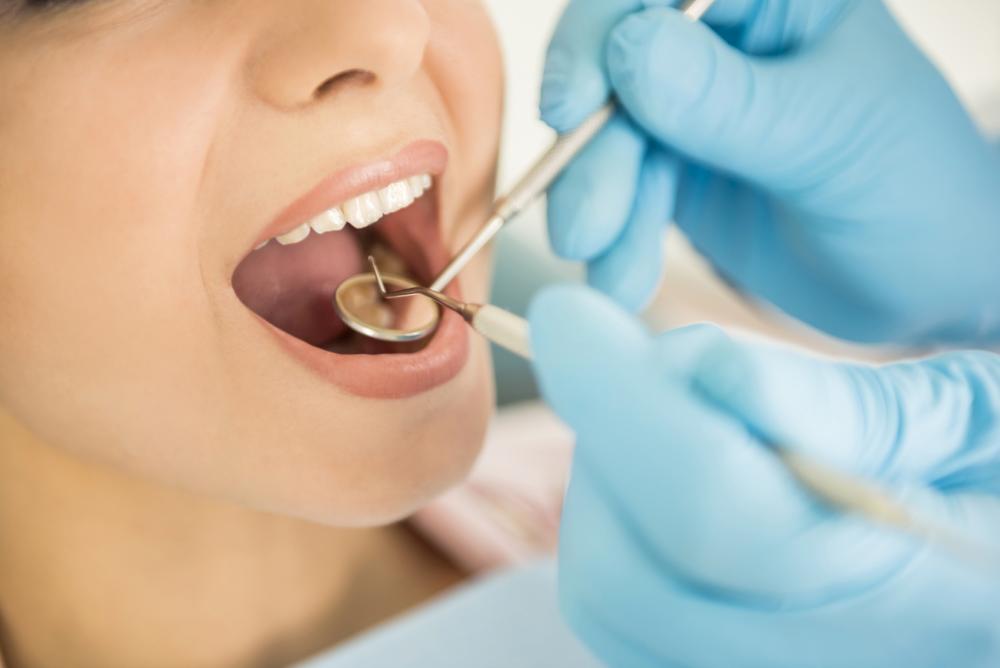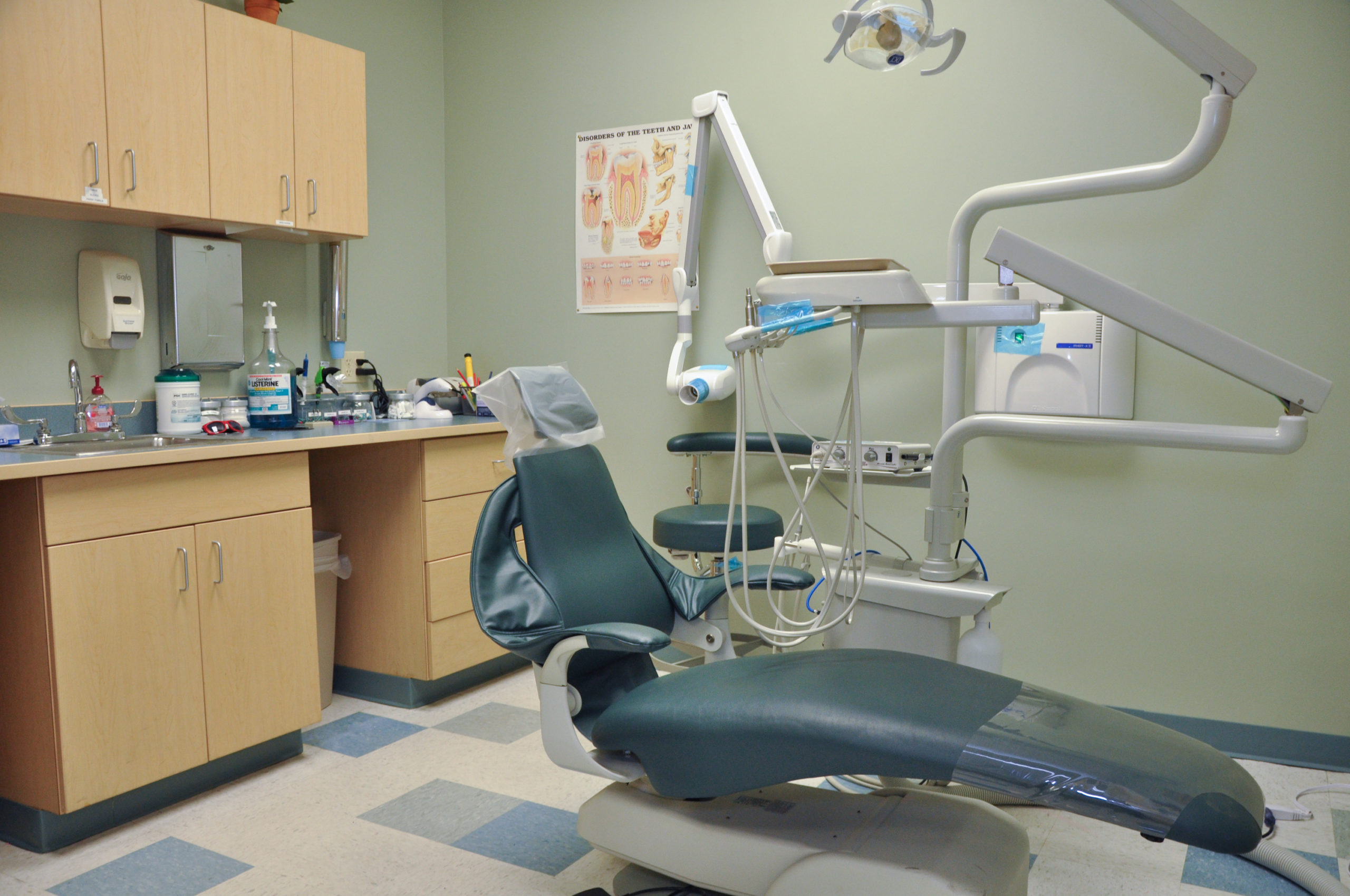Economical Dental Care Options from Leading Dentists Eugene
Economical Dental Care Options from Leading Dentists Eugene
Blog Article
Check Out the Variety of Dental Issues Dentists Typically Manage
Dental practitioners are charged with attending to a wide spectrum of oral problems, each calling for specialized understanding and strategies. From the common issue of tooth cavities triggered by bacterial activity to the a lot more perilous development of gum tissue disease, oral professionals should be proficient at very early detection and intervention. Tooth level of sensitivity, often arising from worn enamel, adds an additional layer of intricacy, while the very early recognition of oral cancer can be life-saving. In addition, misaligned attacks require customized treatment plans to boost both performance and aesthetic appeals. What particular approaches do dentists use to handle these varied challenges successfully?
Cavities and Dental Cavity
Tooth cavities, likewise recognized as oral caries, are triggered by the demineralization of tooth enamel due to acid-producing microorganisms in the mouth. If left neglected, dental caries can lead to significant oral difficulties, including infections and tooth loss.
To diagnose cavities and dental cavity, dentists utilize a mix of aesthetic examinations, dental X-rays, and sometimes laser fluorescence gadgets. Therapy alternatives differ depending on the extent of the degeneration. Early-stage cavities may be handled with fluoride treatments that help remineralize the enamel. For even more innovative degeneration, a dentist may need to remove the jeopardized tissue and restore the tooth with fillings made from products such as composite material, amalgam, or porcelain.
Precautionary actions are critical in combating dental caries and dental caries. Normal dental exams, appropriate cleaning and flossing strategies, and a well balanced diet low in sweet foods and beverages are essential methods that support oral health and minimize the threat of oral cavities.
Periodontal Condition

This triggers the periodontals to draw away from the teeth, creating pockets that come to be infected. As the body's immune system combats the germs, the bone and connective cells that hold teeth in area are damaged down.
Dentists detect gum tissue illness via clinical evaluation and gum probing to gauge pocket depths around the teeth. Therapy might include scaling and origin planing to get rid of tartar and bacteria from tooth surface areas and beneath the gum tissues.

Tooth Level Of Sensitivity
Beyond periodontal illness, another typical dental problem that individuals often come across is tooth level of sensitivity. Identified by a sharp, transient discomfort in feedback to stimuli such as warm, cool, wonderful, or acidic foods and drinks, tooth level of sensitivity can substantially affect a person's top quality of life.
Furthermore, dental treatments, fractured teeth, and gum tissue illness can reveal the dentin. To mitigate tooth level of sensitivity, dental experts might suggest using toothpaste created for sensitive teeth, fluoride treatments to strengthen enamel, or oral bonding to cover revealed dentin.
Eventually, resolving tooth sensitivity requires a comprehensive strategy that includes both precautionary measures and targeted treatments to reduce pain and protect the dental frameworks.
Dental Cancer Cells
Dental cancer, a major and possibly life-threatening condition, commonly flies under the radar in regular oral care discussions. This type best site of cancer can impact any component of the oral dental caries, consisting of the lips, tongue, cheeks, flooring of the mouth, hard and soft tastes buds, sinuses, and throat. Early discovery is essential for effective therapy, yet numerous cases are detected at advanced stages due to refined first signs and symptoms.
Misaligned Bites
Misaligned attacks, additionally known as malocclusions, are a typical dental problem that can considerably impact both dental health and total quality of life go to this web-site - dentist in eugene oregon. These conditions occur when the top and reduced teeth do not straighten correctly, causing difficulties in biting, eating, and even speaking. Malocclusions can be classified into numerous types, including overbites, underbites, crossbites, and open attacks, each providing special challenges that call for customized therapy techniques
The causes of misaligned attacks are diverse and can consist of genetic aspects, very early loss of baby teeth, thumb sucking, and injuries to the jaw. Signs usually include discomfort or discomfort in the jaw, frequent attacking of the inner cheeks, and a boosted threat of dental cavity and gum condition as a result of problem in keeping oral health.
Orthodontists and dental experts utilize a variety of treatments to attend to misaligned bites, from typical braces and clear aligners to advanced operations in serious cases. Early diagnosis and treatment are important to avoid issues such as temporomandibular joint (TMJ) conditions and uncommon endure teeth. Via detailed assessment and customized therapy plans, dental experts play an essential duty in remedying malocclusions and improving people' oral feature and looks.
Conclusion
Dental experts attend to a range of dental issues, each with distinctive challenges and therapy procedures. Dental caries and dental caries arise from bacterial activity that jeopardizes tooth enamel, while gum tissue illness can escalate from gingivitis to extreme gum conditions. Tooth sensitivity includes discomfort from thermal stimulations, demanding particular care. Early detection of oral cancer is important for effective intervention. Misaligned attacks effect both oral wellness and quality of life, usually needing surgical or orthodontic services to rectify.
To detect dental caries and tooth decay, dental practitioners use a mix of visual evaluations, dental X-rays, and occasionally laser fluorescence tools.Beyond periodontal condition, one more usual dental concern that clients often run into is tooth level of sensitivity. Additionally, oral treatments, fractured teeth, and gum tissue condition can reveal the dentin. To minimize tooth level of sensitivity, dental experts might advise utilizing toothpaste created for sensitive teeth, fluoride therapies to reinforce enamel, or dental bonding to cover revealed dentin. Dental caries and tooth degeneration result from bacterial task that jeopardizes tooth enamel, while periodontal illness can escalate from gingivitis to serious gum conditions.
Report this page